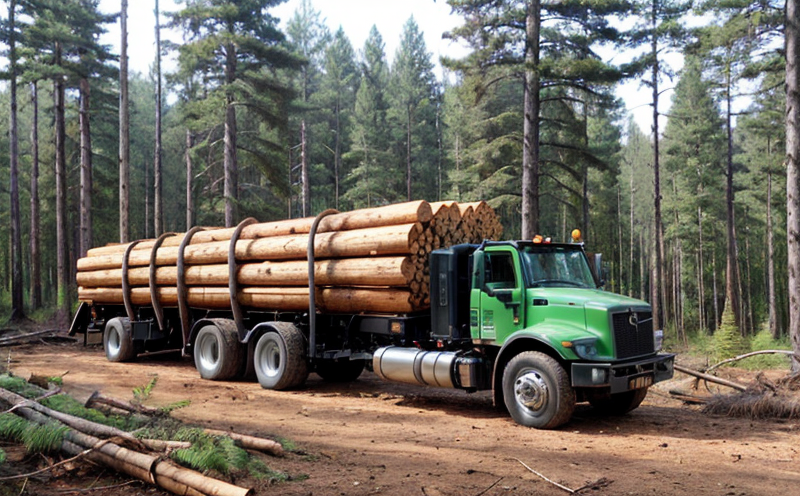Charcoal Calorific Value Testing
The calorific value of charcoal is a critical parameter in assessing its energy content and efficiency as a fuel source. This service involves measuring the heat released during the combustion of charcoal, which helps determine its suitability for various industrial applications such as heating systems, power generation, and metallurgy processes.
Calorific value testing ensures that the product meets the required standards set by international bodies like ISO (International Organization for Standardization) and ASTM (American Society for Testing and Materials). This service is particularly important in sectors where fuel quality can significantly impact operational costs and environmental compliance. For instance, in the energy sector, accurate calorific value measurements ensure efficient boiler performance and reduce waste.
The testing process begins with selecting a representative sample of charcoal that accurately reflects its overall quality. Sample preparation involves grinding the charcoal to a consistent particle size range suitable for combustion analysis. The prepared sample is then placed into a bomb calorimeter, which is sealed under inert conditions before being ignited. The subsequent combustion process releases heat, which is captured and measured by the calorimeter.
The accuracy of the test results depends on several factors including the precision of the instrument used (such as the bomb calorimeter), the quality of the sample preparation, and adherence to standard procedures outlined in ISO 17423:2015. Once the combustion is complete, the heat released is calculated based on the temperature rise observed within the calorimeter.
For quality managers and compliance officers, understanding the calorific value of charcoal can help optimize production processes, ensure product consistency, and meet regulatory requirements. In R&D environments, this service provides valuable insights into different types of charcoals and their potential applications. Procurement teams benefit from knowing the expected performance characteristics of the raw materials they source.
- Industry Applications: Power generation facilities use high calorific value charcoal to enhance boiler efficiency, while metallurgical plants rely on it for smelting processes requiring consistent fuel input.
- Use Cases and Application Examples: In the manufacturing of activated carbon, precise calorific value testing ensures optimal performance in filtration systems. For heating companies, this service helps in selecting fuels that meet both cost-effectiveness and environmental standards.
Scope and Methodology
The scope of charcoal calorific value testing encompasses the entire process from sample selection to final analysis. This service strictly adheres to ISO 17423:2015, which provides detailed guidelines on sample preparation, equipment calibration, and data interpretation.
The methodology involves several key steps:
- Sample Preparation: Charcoal samples are ground to a specific particle size using a calibrated mill. This ensures uniformity for accurate calorimetric measurement.
- Sampling: A representative sample is taken from the charcoal batch, ensuring it reflects the overall quality of the product.
- Combustion Analysis: The prepared sample is placed in a bomb calorimeter, sealed under inert conditions. Upon ignition, the combustion process releases heat, which is measured by the instrument.
- Data Interpretation: The measured temperature rise is used to calculate the calorific value of the charcoal using standard formulas derived from ISO guidelines.





